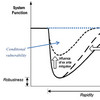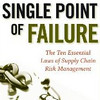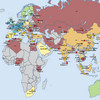 This is a true story about how I was credited with a PhD without having one, just because someone mistook one of the posts on this blog to be my PhD. Yes, it’s true, a blog post turned into a PhD dissertation! So much for due diligence when using online sources for doing a literature review. This is the story of how I found out, what I did about it, and why this PhD is not likely to go away. For all of you landing on this page searching for how to get your own PhD without writing a dissertation, this is NOT a post about you can get a PhD. It is just a fun story. If you’re looking for a PhD without a dissertation try searching Google for “PhD by publication”. For those of you wanting to read the story about my non-existing (but still referenced) PhD, please read on.
This is a true story about how I was credited with a PhD without having one, just because someone mistook one of the posts on this blog to be my PhD. Yes, it’s true, a blog post turned into a PhD dissertation! So much for due diligence when using online sources for doing a literature review. This is the story of how I found out, what I did about it, and why this PhD is not likely to go away. For all of you landing on this page searching for how to get your own PhD without writing a dissertation, this is NOT a post about you can get a PhD. It is just a fun story. If you’re looking for a PhD without a dissertation try searching Google for “PhD by publication”. For those of you wanting to read the story about my non-existing (but still referenced) PhD, please read on.
Scopus
Every now and then I run a search on Google Scholar or other citation databases, e.g. Scopus, to see if someone has used my published or online work, and today something interesting turned up: my supposed PhD dissertation, cited as a reference in two separate and seemingly unrelated papers. While I appreciate the honor of being credited with a PhD, fact is, I don’t have a PhD…yet…so obviously someone did not do their homework, but how could this have happened in the first place?
Make sure what you cite is what you cite
Do you write academic papers? Do you really check and actually read your references before citing them? With so many journals available online, finding good references should be easy. Besides, many researchers or academics also publish their papers and articles on their web pages. I do, too. However, papers and articles published on websites should be given extra scrutiny, before citing them as something they are not. In this case, obviously this was not done, and someone used an article from this website and thought it to be my PhD. Just a simple case of mistaken identity, or? Based on how my article is presented it should have been absolutely clear that this is not a PhD dissertation.
My so-called PhD
First, let me give you the papers that cite my alleged PhD. Both papers seem to refer to the same PhD dissertation I am supposed to have written. Click the image to see the reference to my PhD:
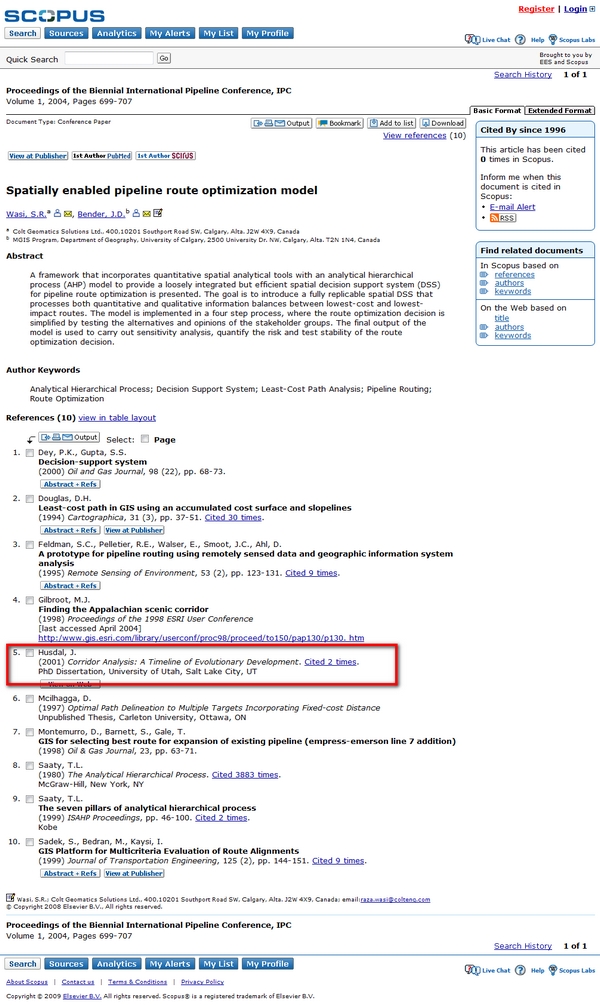 |
Wasi, S. R., & Bender, J. D. (2004). Spatially Enabled Pipeline Route Optimization Model Proceedings of the 2004 International Pipeline Conference (IPC2004) , 699-707 DOI: 10.1115/IPC2004-0362
Referencing: Husdal, J. (2001) Corridor Analysis: A Timeline of Evolutionary Development. PhD Dissertation, University of Utah, Salt Lake City, UT |
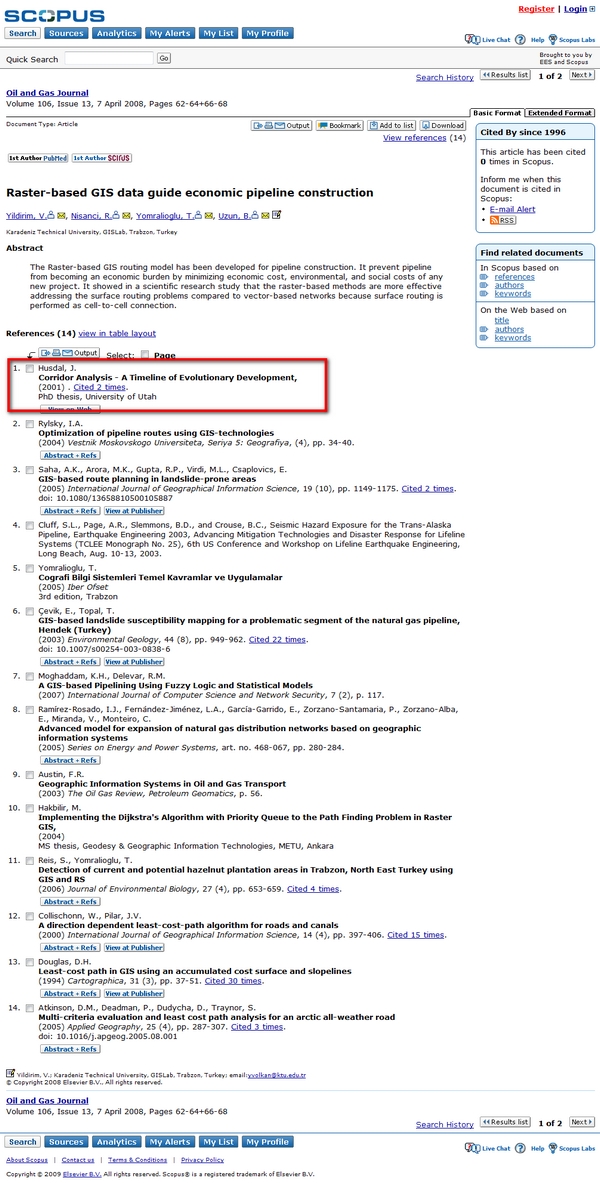 |
Yildirim, V., Nisanci, R., Yomralioglu, T., & Uzun, B.S. (2008). Raster-based GIS data guide economic pipeline construction Oil & Gas Journal, 106(13), 62-68
Referencing: Husdal, J. Corridor Analysis – A Timeline of Evolutionary Development,(2001) PhD thesis, University of Utah |
And is there really a PhD?
The ugly truth
The fact is that I did publish a paper with the title “Corridor Analysis: A Timeline of Evolutionary Development” on my website in 2001. This was while doing my PhD in Geography at the University of Utah (I discontinued and went back to Norway, but that’s another story). It is far from a PhD, let alone a publication, it’s just a simple paper, and actually, it’s just a class assignment.
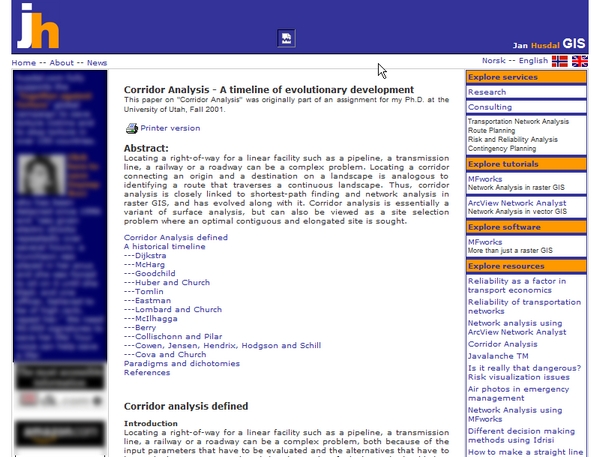 Let me show you the original source. This is how the article might have looked like in 2003, when the authors were doing the research for the conference paper in 2004. Admittedly, the text reads “This paper on “Corridor Analysis” was originally part of an assignment for my PhD at the University of Utah, Fall 2001.“, but it doesn’t say anywhere that this IS my PhD, it says “assignment” and “part of”. OK, I do admit some ambiguity here. But still…and why did they not list the web reference/URL for verification?
Let me show you the original source. This is how the article might have looked like in 2003, when the authors were doing the research for the conference paper in 2004. Admittedly, the text reads “This paper on “Corridor Analysis” was originally part of an assignment for my PhD at the University of Utah, Fall 2001.“, but it doesn’t say anywhere that this IS my PhD, it says “assignment” and “part of”. OK, I do admit some ambiguity here. But still…and why did they not list the web reference/URL for verification?
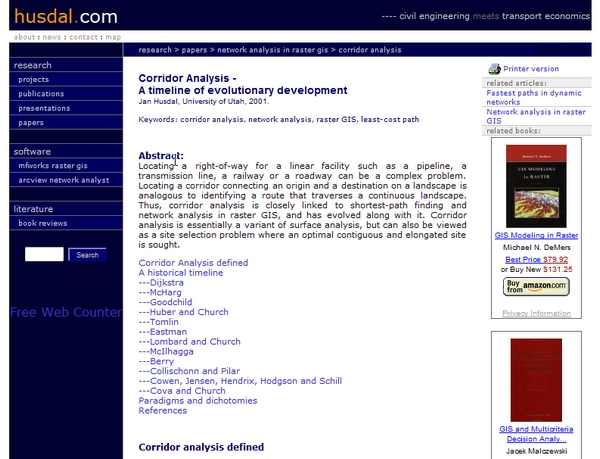 And this is how it might have looked like in 2007, when the authors were doing the research for the article in 2008. Or did they perhaps just copy the references from the previous (2004) conference paper without checking the source? Because there still is no PhD anywhere. My web article only says “Jan Husdal, University of Utah, 2001.” No mentioning whatsoever of a PhD. And again, no URL is listed in their references for verification.
And this is how it might have looked like in 2007, when the authors were doing the research for the article in 2008. Or did they perhaps just copy the references from the previous (2004) conference paper without checking the source? Because there still is no PhD anywhere. My web article only says “Jan Husdal, University of Utah, 2001.” No mentioning whatsoever of a PhD. And again, no URL is listed in their references for verification.
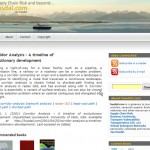 Now, let’s look at how the same article appears today (‘today’ is when this article was published, and my site design will probably change again later). More correctly it says “Husdal, J (2001) Unpublished coursework. University of Utah, USA.” No room for misunderstanding here. So, where is my PhD? If you want, you can read the full article here: Corridor analysis – A timeline of evolutionary development.
Now, let’s look at how the same article appears today (‘today’ is when this article was published, and my site design will probably change again later). More correctly it says “Husdal, J (2001) Unpublished coursework. University of Utah, USA.” No room for misunderstanding here. So, where is my PhD? If you want, you can read the full article here: Corridor analysis – A timeline of evolutionary development.
What about the reviewers?
Should this not have been discovered by the reviewers? Well, the first paper was for a conference, so presumably they only submitted an abstract, not a full paper. But even abstracts usually have references, but not always. The second article is more magazine-style, and so presumably, no editorial check was made besides copy-editing. Too bad. But do reviewers actually check references? Whenever I review a paper for a journal, I do some occasional spot-checking, especially if the reference cited is unknown to me. But that’s me.
What do I do now?
The question is, do I blow the whistle on this one? Is there any reason to blow a whistle? Certainly, for the first group of authors, to the best of their knowledge, my article may have seemed to be a PhD, but they could have contacted me for verification. The second group of authors should have realized that this is not a PhD. Should I care at all? Well, eventually my real PhD will be there, and I don’t want tow have a wrong and a right PhD, so maybe I should set the record straight from the beginning? Should I notify the authors of their error at least?
Can Scopus be trusted?
The question is, can we trust databases like Scopus? Not only have they noted a PhD I don’t have, the “View on Web”-link below my PhD takes me to somewhere completely different. Should I tell them?
Dissemination is a good thing, but…
All this brings me back to two of my previous posts: The Catch 22 of Academic Publishing and Online Journals – curse or blessing? Online journals and articles may be a blessing, but citing articles from the Internet without due diligence … that’s the real curse of online dissemination.
Update 2009/11/14
I did contact Scopus immediately after I published this post, and they were quick to answer that they won’t do anything unless the journal changes it and the journal won’t do anything unless the author requests it, and the authors have not replied to date despite several attempts at contacting them. Maybe they’re just too embarrassed?
Related
- husdal.com: The Catch 22 of Academic Publishing
- husdal.com: Online Journals – curse or blessing

